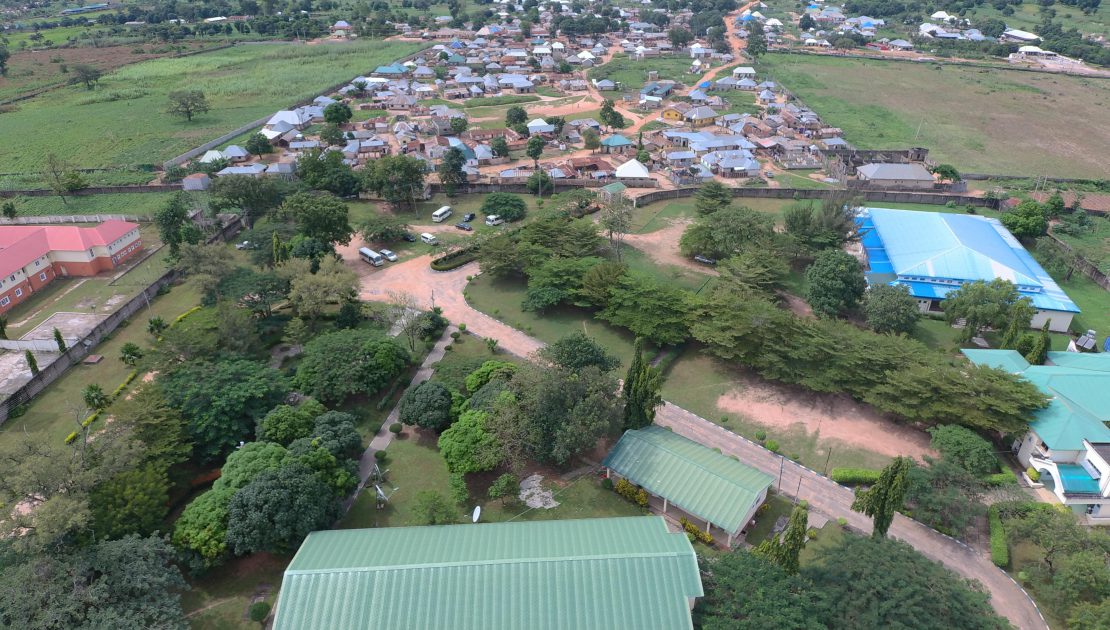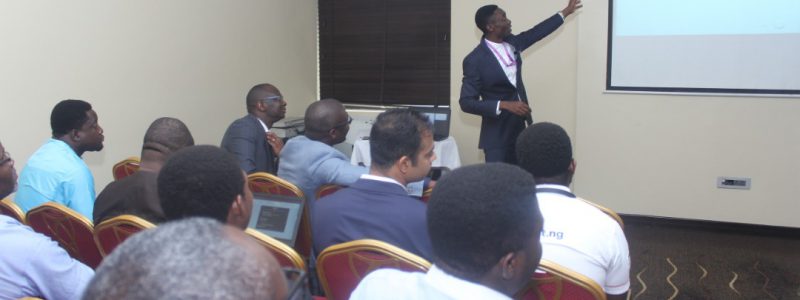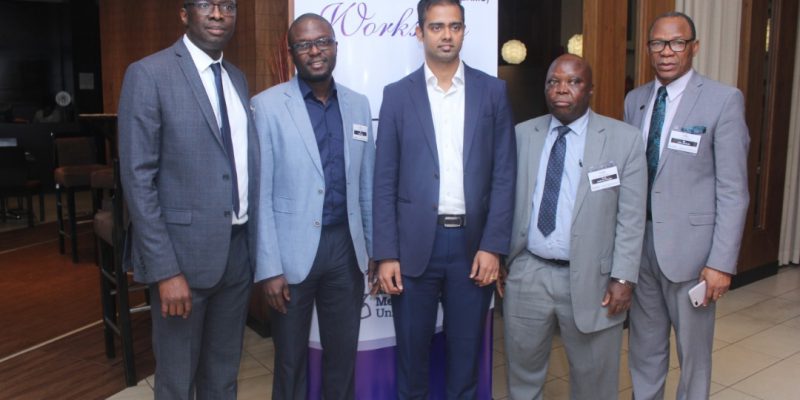Our UK-Nigeria Energy catalyst project kicked-off in November and is called NICE (Nigeria Intelligent Clean Energy marketplace). It will take technology from the UK to create a local community energy scheme in Nigeria. We will be providing a school with solar & battery to power houses from the community nearby, who may also put up solar. This £600,000 project is in partnership with Manchester Metropolitan University (MMU) and a local partner in Abuja – VAYA Energy. This project will run until April 2021.
As a precursor to the project, Qbots Energy and MMU visited Nigeria, where MMU conducted a smart grid workshop which was well attended by local stakeholders including energy supply & distribution companies, generators, installers, universities and big energy users. There was strong support and need for smart energy systems, renewable technologies, battery storage and new business models. Through this project we aim to further these relationships. Following the event and various site visits we were featured in various press stories, including in the Guardian in Nigeria.
Through NICE project we will employ market and technologically-driven industrial research to convince key stakeholders (local government authorities, local power distribution companies) of the value that can be created through smart technology led investments. NICE project will be led by Qbots Energy (UK SME) with partners – VAYA Energy (Nigeria) and Manchester Metropolitan University with a view of future commercialisation. NICE will demonstrate the provision of a low cost renewable source of energy with the necessary infrastructure for low-income households in the Kuje region on the outskirts of Abuja, Nigeria.
The specific objectives are:
- Develop a full system simulation for the Kuje region and a small scale pilot deployment characterized by a mix of schools, residential areas, healthcare facilities and industrial zones, with 300 low-income households.
- Setup a local small scale energy marketplace platform, with 40 KW of solar & 60 kWh Li-ion battery in the school building, 5 of the nearby houses with 15 KWp solar connected to this through private wire network.
- Utilise MMU smart micro grid living lab based in John Dalton Tower Building (Manchester) to simulate the entire village with a model of local supply and demand of sites in the area. NICE Energy solutions will initially be tested in this simulated environment, and optimised using real data from building sites within the Kuje region in Abuja.
- Develop an innovative intelligent energy management and data driven predictive control approach utilising Machine Learning (ML) for optimising the energy management system operations.
- Develop an attractive business model for schools, businesses and other consumers to locate solar and battery storage on-site, while providing low cost electricity supply to the community
- Engage the distribution company to enable sustainable replication utilising their network infrastructure and also provide energy back during peak times to prevent blackouts.
Links
https://guardian.ng/news/experts-advocate-smart-solutions-peer-to-peer-energy-trading-to-bridge-electricity-gap/
https://www.environewsnigeria.com/experts-call-for-mini-power-grids-as-panacea-to-energy-shortage/



